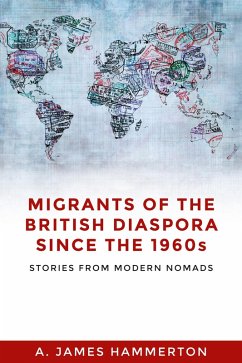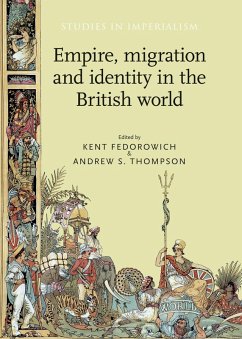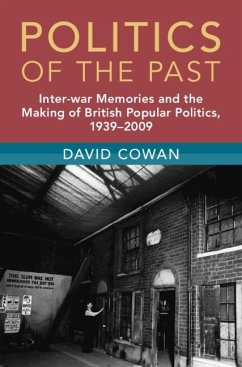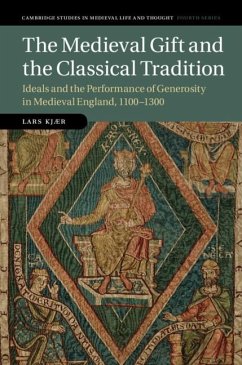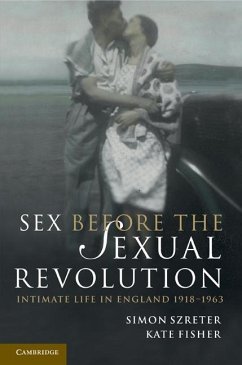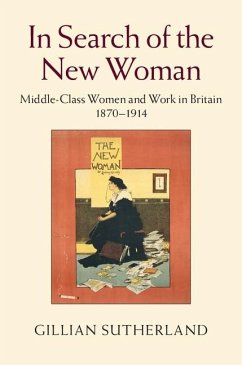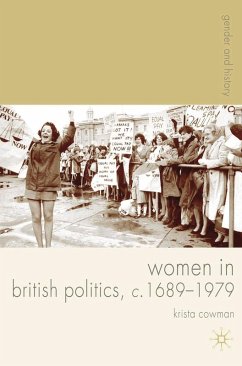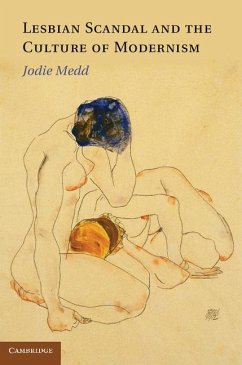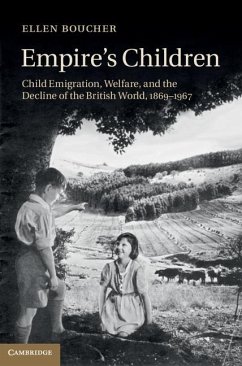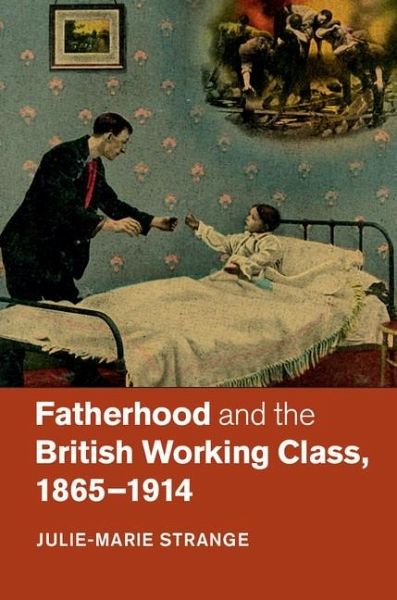
Fatherhood and the British Working Class, 1865-1914 (eBook, ePUB)
Versandkostenfrei!
Sofort per Download lieferbar
16,95 €
inkl. MwSt.
Weitere Ausgaben:

PAYBACK Punkte
8 °P sammeln!
A pioneering study of Victorian and Edwardian fatherhood, investigating what being, and having, a father meant to working-class people. Based on working-class autobiography, the book challenges dominant assumptions about absent or 'feckless' fathers, and reintegrates the paternal figure within the emotional life of families. Locating autobiography within broader social and cultural commentary, Julie-Marie Strange considers material culture, everyday practice, obligation, duty and comedy as sites for the development and expression of complex emotional lives. Emphasising the importance of separa...
A pioneering study of Victorian and Edwardian fatherhood, investigating what being, and having, a father meant to working-class people. Based on working-class autobiography, the book challenges dominant assumptions about absent or 'feckless' fathers, and reintegrates the paternal figure within the emotional life of families. Locating autobiography within broader social and cultural commentary, Julie-Marie Strange considers material culture, everyday practice, obligation, duty and comedy as sites for the development and expression of complex emotional lives. Emphasising the importance of separating men as husbands from men as fathers, Strange explores how emotional ties were formed between fathers and their children, the models of fatherhood available to working-class men, and the ways in which fathers interacted with children inside and outside the home. She explodes the myth that working-class interiorities are inaccessible or unrecoverable, and locates life stories in the context of other sources, including social surveys, visual culture and popular fiction.
Dieser Download kann aus rechtlichen Gründen nur mit Rechnungsadresse in A, B, BG, CY, CZ, D, DK, EW, E, FIN, F, GR, HR, H, IRL, I, LT, L, LR, M, NL, PL, P, R, S, SLO, SK ausgeliefert werden.




